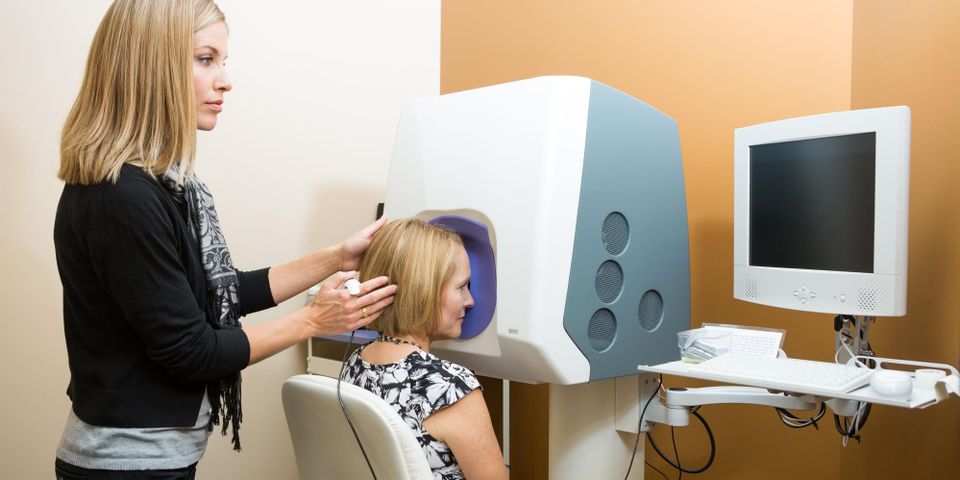What Is Retinal Imaging & Why Is It Performed?

During a routine comprehensive exam, the eye doctor may perform retinal imaging. This form of digital imaging captures the back of the eye and its structure. The level of detail provided by this view gives your ophthalmologist insights into the condition of your eye and aspects of your overall health.
What Is the Purpose of Retinal Imaging?
Retinal imaging digitally captures the retina, optic disk, and blood vessels, all of which play important roles in maintaining your sight. When done regularly, this service enables eye doctors to assess eye health and spot any evolving changes in the eye.
Eye doctors use these images to look for signs of age-related macular degeneration, the leading cause of blindness in adults over 50, as well as glaucoma, another common cause of blindness. Should they detect any signs of disease, they will suggest treatments to slow or prevent vision loss, such as dietary changes or medications.
 Additionally, ophthalmologists can gather insights about your physical health through this imaging. In particular, both diabetes and high blood pressure can produce changes in the eye’s blood vessels, which can be observed through retinal imaging. Because both conditions demand medical interventions, an eye exam could help you address underlying health issues as well.
Additionally, ophthalmologists can gather insights about your physical health through this imaging. In particular, both diabetes and high blood pressure can produce changes in the eye’s blood vessels, which can be observed through retinal imaging. Because both conditions demand medical interventions, an eye exam could help you address underlying health issues as well.
How Is It Performed?
Prior to capturing the images, you’ll receive special drops in each eye to dilate the pupils. These enable a better view into the eyes and may require roughly 20 minutes to take effect.
Once your pupils are sufficiently dilated, the eye doctor will use a bright laser to scan your eye as you look straight ahead. The test itself is typically very brief, usually lasting only five minutes.
If you’re due for an eye exam, turn to Comprehensive Eye Care in Franklin County, MO. Led by a team of experienced eye doctors, this center provides a wide range of optical services, including thorough exams with retinal imaging, eye surgery, and prescription eyewear. Explore their full range of services online or call (636) 390-3999 to schedule an appointment or get involved with a clinical trial.
About the Business
Have a question? Ask the experts!
Send your question

